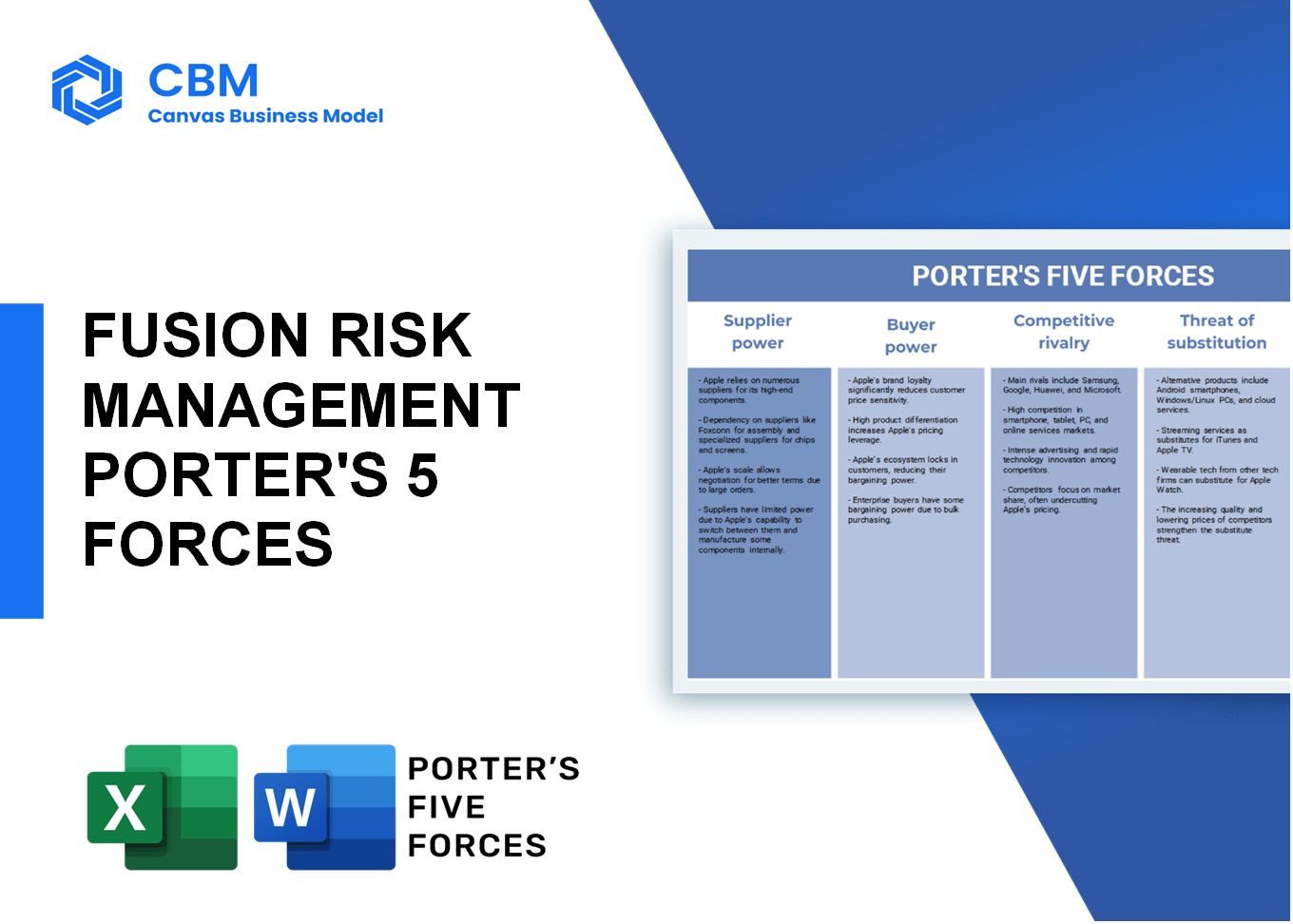Specialized Risk Competitions: Understanding the Landscape
The landscape of risk management has evolved dramatically over the years, with more emphasis placed on specialized risk competitions. These competitions are essential for organizations looking to identify, assess, and mitigate risks in various sectors. In 2020, the challenges faced by industries, particularly in technology, media, and telecommunications, were highlighted by a comprehensive report. According to the report, companies are increasingly recognizing the need for robust risk management strategies to navigate uncertainty and protect their assets.
In this article, we will delve into the concept of specialized risk competitions, exploring their significance, various formats, participant requirements, and the potential benefits they offer to organizations. We will also highlight the top risks faced by industries as indicated in recent analyses, drawing insights from the reports provided in the first link and the second link.
Readers can expect to learn about the following key aspects:
- Definition and Structure of Specialized Risk Competitions
- Types of Risks Addressed
- Benefits of Participation
- Case Studies of Successful Competitions
- Looking Ahead: Future Trends in Risk Competitions
Definition and Structure of Specialized Risk Competitions
Specialized risk competitions are structured events that challenge organizations to effectively identify and solve various risk-related problems. These competitions typically involve teams of specialists from different backgrounds who collaborate to devise innovative risk management solutions. The structure may vary; however, most competitions include the following stages:
Registration and Team Formation
Organizations register for participation and form teams that often include risk managers, data analysts, and industry experts. Each team aims to bring diverse perspectives to the challenge at hand.
Problem Statement and Preparation
Competitions present participants with a specific risk-related problem or scenario that organizations currently face. Teams then develop strategic solutions, often conducting thorough research and analysis.
Presentation and Judging
Teams present their solutions to a panel of judges, usually composed of industry experts and seasoned risk managers. Judges evaluate presentations based on predefined criteria, such as practicality, creativity, and effectiveness.
Feedback and Awards
Post-presentation, expert feedback helps participants understand the strengths and weaknesses of their solutions. Awards may be given for outstanding solutions, often leading to further opportunities for collaboration or implementation within the industry.
Types of Risks Addressed in Competitions
Specialized risk competitions typically cover a wide range of industries, addressing various types of risks, including but not limited to:
Operational Risks
Operational risks involve potential losses resulting from inadequate or failed internal processes, people, and systems. Competitions often challenge teams to identify weaknesses in operational processes and propose risk mitigation strategies.
Financial Risks
Financial risks pertain to market fluctuations, credit risks, and liquidity risks that can adversely impact an organization’s financial health. These competitions encourage teams to create robust financial risk management models capable of withstanding economic uncertainty.
Compliance and Regulatory Risks
With ever-changing regulations, companies face compliance risks that can lead to hefty fines and reputational damage. Competitors are tasked with designing solutions that ensure a company operates within legal frameworks while maintaining service efficiency.
Benefits of Participation in Specialized Risk Competitions
Organizations that participate in specialized risk competitions can reap numerous benefits:
Innovation and Creativity
Competitions foster an environment of innovation, encouraging teams to think outside the box. Participants often develop unique solutions that can lead to improved risk management strategies.
Networking Opportunities
Competitions bring together risk professionals and industry leaders, allowing for valuable networking opportunities. Building relationships can facilitate future collaborations and mentorship opportunities.
Skill Development
Participation enhances skills such as critical thinking, teamwork, and presentation capabilities. Team members often gain exposure to new methodologies and risk management techniques.
Case Studies of Successful Competitions
Several organizations have successfully employed specialized risk competitions to enhance their risk management frameworks:
The XYZ Corporation Risk Management Challenge
This annual competition invites risk managers from various sectors to tackle a pressing industry issue. The winning team has historically seen their proposal implemented into the company’s risk strategy, resulting in a significant reduction in compliance-related issues.
The ABC Financial Services Risk Forum
ABC Financial Services holds a risk forum that encourages innovation in financial risk management. The competition has led to the development of a new risk assessment tool now widely used across the financial industry.
Looking Ahead: Future Trends in Risk Competitions
As industries continue to evolve, the nature of risk competitions will also change. Emerging trends include:
Increased Focus on Technology
As digital transformation accelerates, competitions will likely focus on technological risks, including cybersecurity and data privacy, emphasizing the need for tech-savvy solutions.
Sustainability and Environmental Risks
With global acknowledgment of climate change, future competitions may increasingly address sustainability-related risks, prompting organizations to devise strategies that align with environmental objectives.
Conclusion
Specialized risk competitions provide invaluable opportunities for organizations to innovate and strengthen their risk management strategies. By engaging in these contests, teams can develop practical solutions to the pressing risks that industries face today. As we move forward, the integration of technology and sustainability will play a significant role in shaping the competitions of the future.
For more insights into the challenges in risk management within industries like technology, media, and telecommunications, check out the detailed reports available from here and here.

